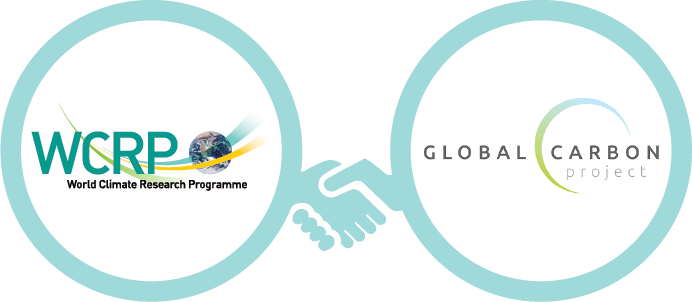In brief: WCRP and the Global Carbon Project have signed a partnership to advance our knowledge of the carbon cycle and our ability to predict carbon sinks and sources in the future. To read more click the headline above…
Human perturbation of our planet's carbon cycle, through the extensive introduction of old carbon from fossil fuel sources into the modern atmosphere-land-ocean system, has altered and will continue to alter our climate. Large uncertainties remain in our understanding of the carbon cycle and our ability to predict carbon sinks and sources in the future, with crucial implications for climate policies.
To advance our knowledge around this pressing scientific challenge, strong international collaboration among different research communities is required.
In this context, the World Climate Research Programme (WCRP) and the Global Carbon Project (GCP) established a Scientific Partnership Agreement in April 2017.
GCP focuses on the integrated picture of the carbon cycle and other interacting biogeochemical cycles, including biophysical and human dimensions and their interactions and feedbacks. This broad objective is covered by three themes: a) diagnostics - patterns and variability of natural and anthropogenic carbon sources and sinks; b) vulnerability - Processes and feedbacks of the biophysical-human system; and c) low carbon outcomes - carbon management and policy.
WCRP stimulates and coordinates research into climate change and climate variability, on timescales ranging from weeks to centuries. More recently, WCRP has launched a Grand Challenge on ‘Carbon Feedbacks in the Climate System’ with the aim of improving our understanding of: a) the drivers of land and ocean carbon sinks; b) the potential for amplification of climate change over the 21st century via climate-carbon cycle feedbacks; and c) how greenhouse gases fluxes from highly vulnerable carbon reservoirs respond to the changing climate.
GCP’s focus on the past and contemporary dynamics of the carbon cycle coupled with WCRP’s strength in future dynamics of the fully coupled carbon-climate system, together provide important opportunities to address these critical scientific challenges.
Both WCRP and the GCP have already collaborated in contributing to major assessments, such as those of the Intergovernmental Panel on Climate Change (IPCC), on carbon budgets and on future dynamics of carbon sources and sinks. The scientific partnership will develop future activities of mutual interest focused on enhancement of climate and paleoclimate research in the context of the carbon cycle, including joint workshops, working groups, research activities and public outreach.


